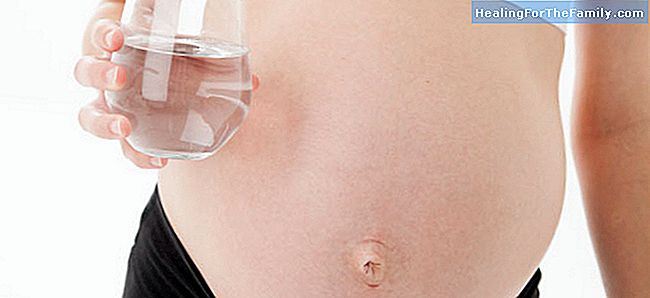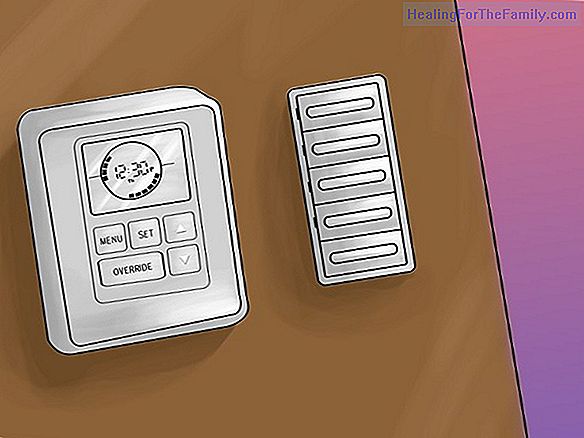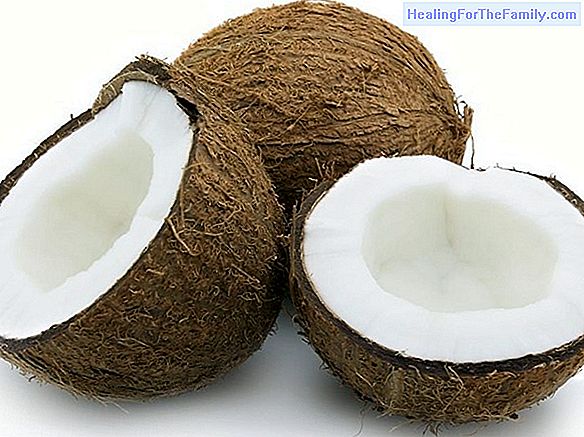Nuisance due to lack of hydration in pregnancy
Hydration is vital for the proper functioning of the organs of the human body. 70% of our body is water, which makes this liquid a vital component. In addition, 85% of the brain is made up of water, and for that reason, correct hydration favors brain performance, that is, it keeps us active and aler
Hydration is vital for the proper functioning of the organs of the human body. 70% of our body is water, which makes this liquid a vital component. In addition, 85% of the brain is made up of water, and for that reason, correct hydration favors brain performance, that is, it keeps us active and alert.
Also, water helps regulate body temperature, which can be compromised with extreme temperatures, transports nutrients to the cells and performs important functions in the digestion of food. But it is also vital to maintain good hydration in pregnancy, know why.
The importance of good hydration in pregnancy

The importance of being hydrated is clear, and the theory we have heard on countless occasions is known by all, but we often forget to consume water or food and drinks that contain it.
The lack of water in the body becomes a serious inconvenience, especially in stages such as pregnancy, in which the need for the woman to be properly hydrated is directly related to her health: water is necessary to form the Amniotic fluid and for blood gain due to fetal blood circulation.
- Fluid retention. Although fluid retention seems inevitable in the third trimester of pregnancy, following an appropriate diet can help to reduce it and even prevent its appearance early. Edema is the result of fluid retention and increased pressure in the veins, and, due to the increase in blood volume that occurs during pregnancy, occurs more often than desired. The intake of liquids, especially water, either natural or in the form of infusions, favors its flow in the body, which also reduces retention. Although it seems contradictory that the water intake has this function, it is backed by a quite logical reasoning: water is the vehicle for the elimination of waste products from cells.
- Constipation. A poor intake of water directly affects the intestinal transit, and the hardness of the stool. Although the fiber content of the diet is also a factor to be taken into account to avoid constipation, an excess of fiber prevents the absorption of some minerals such as calcium and iron, very important in pregnancy for the bones of the fetus and to avoid anemia, so increasing your water intake is a better alternative to combat constipation.
- Headaches. Especially during the first trimester, when the greatest increase in blood volume occurs, headaches due to lack of hydration in pregnancy occur quite frequently.
- Hypertension. Sometimes, an increase in blood pressure is the result of poor water intake. There is an imbalance between the levels of sodium and potassium between the inside and outside of the cells, and the blood increases its density, which contributes to hypertension.












